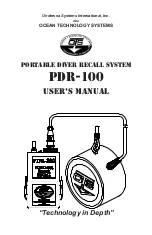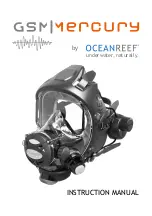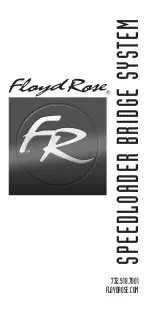
Introduction
1
Chapter
7
■
Compatible Device
Caution:
• Do not remove the USB flash
memory or turn on or off the
power during data transfer as
breakage may result.
• Do not insert and remove the USB
flash memory too frequently as
breakage may result.
• Be careful not to bump the USB
flash memory with your legs when
it is connected to the unit.
• Do not insert any objects other
than the USB flash memory into
the USB port as it may become
unusable.
Note:
Yamaha does not assure the
operation of the commercially
available USB flash memories.
USB Flash Memory
•
The USB flash memory should be formatted in FAT16 or FAT32 file
system.
•
Check that the USB flash memory is free of memory and software
protection before attempting to use it, as these kinds of protection will
prohibit access to the memory.
•
The Disklavier is USB 2.0 compliant. You can also connect USB 3.0
devices, however data will be transferred at USB 2.0 speeds.
■
Compatible File Formats
The Disklavier can handle these four types of file format:
Compatible Media and File Format
Song
Format
File Format
Extension
MIDI
SMF0
Standard MIDI File format 0 for playback and
recording.
.MID
SMF1
Standard MIDI File format 1 for playback only.
.MID
Audio
WAV
Uncompressed audio file format commonly used
to create standard audio CDs. The Disklavier can
play back 44.1kHz/16bit stereo WAV files.
.WAV
MP3
Compressed audio file format commonly used in
computers and smart devices.
.MP3
















































